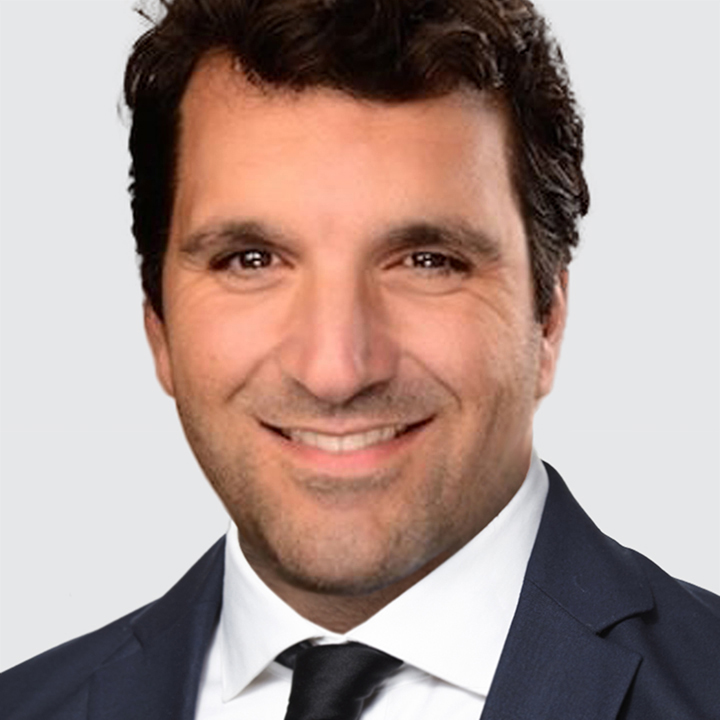- The U.S. economy is still tracking above long-run annual trend growth of 1.8%.
- The Eurozone goods trade surplus with the U.S. totaled a record high in September. Eurozone economy particularly at risk in case U.S.-E.U. trade tensions rise.
- BOJ Governor Ueda sticks to the bank’s cautious hawkish bias and shrugs-off yen weakness. Odds of a December BOJ rate hike unchanged around 50%.
Please see our Drivers for the Week Ahead for an in-depth look at what markets are facing this week.
USD is consolidating just under last week’s fresh cyclical high. The encouraging U.S. economic outlook in both absolute and relative to other major economies continue to support the fundamental USD uptrend. The U.S. economy is still tracking above long-run annual trend growth of 1.8%. For Q4, the Atlanta Fed GDPNow model estimates growth at 2.5% SAAR while the New York Fed GDP nowcast model sees growth at 2.1% SAAR.
Today, the U.S. data highlights are the November New York Fed Services business activity index (8:30am New York) and NAHB housing market print (10:00am New York). The NAHB housing market index is expected to fall a point to 42, further indicating that residential investment remains a drag on Q4 growth. As a background, residential investment subtracted -0.2pts and -0.1pts from Q3 and Q2 GDP growth, respectively.
Meanwhile, the U.S. September TIC data will likely remain indicative of robust foreign demand for U.S. long-term securities (4:00pm New York). In August, net foreign purchases of Treasury Bonds & notes, gov’t agency bonds, corporate bonds & stocks totaled over US$793bn which almost covered the cumulative U.S. trade deficit of US$832bn. The prospect for a lower U.S. corporate tax rate and a wave of deregulation under a Trump administration can boost foreign portfolio flows to the U.S. in favor of a stronger USD.
EUR/USD is holding above technical support at 1.0500. The Eurozone merchandise trade surplus increased €13.6bn (consensus: €7.7bn) vs. €10.8bn in August to total €180.6bn in the 12-month to September (1.2% of GDP). The trade surplus with the U.S. widened to a record high of €163.7bn in the 12-month to September, placing the Eurozone economy particularly at risk in case U.S.-E.U. trade tensions rise.
In fact, ECB Governing Council member Joachim Nagel warned “the first signs of geoeconomic fragmentation are becoming increasingly evident – and unfortunately, we may be on the brink of significant escalation. Nagel added “a world once characterized by multilateralism and global cooperation has slowly shifted towards confrontation and fracture.” ECB Vice President Guindos echoed those concerns pointing out “trade tensions could rise further, increasing the risk of tail events materializing.” Up next, ECB Chief Economist Lane (8:00am New York) and ECB President Lagarde (1:30pm New York).
USD/JPY retraced some of Friday’s loss. Bank of Japan (BOJ) Governor Ueda reiterated the bank’s cautious hawkish bias. Ueda noted “I think that gradually adjusting the degree of accommodation in line with the improvement in economic activity and prices will support long-term economic growth and contribute to achieving the price stability target in a sustainable and stable manner.” Ueda added “the outlook being on track doesn’t mean rate hike every time”. Markets continue to price-in about 55% probability of a 25bps BOJ rate hike in December.
Ueda also shrugged-off recent yen weakness pointing out “we’re not seeing yen carry positions like those in July.” Indeed, speculators net short JPY futures position relative to open interest was around 25% last week vs. over 50% in early July.
GBP/USD is trading sideways above technical support at 1.2600. U.K. Rightmove national asking price dropped -1.4% m/m vs. 0.3% in October to be up 1.2% y/y in November. According to Rightmove, lower prices reflect post-Budget disappointment. Nevertheless, the pick-up in net mortgage approvals point to a continued recovery in housing market activity. Net mortgage approvals for house purchase rose to 62,600 in September, the highest level since August 2022 (72,000). BOE policy maker Greene speaks at a conference titled “The future of inflation” (1:30pm New York).
AUD/USD is trading heavy around 0.6450 on USD strength. AUD and Australian bonds ignored comments by RBA Assistant Governor Kent. In a speech titled “The Financial System and Monetary Policy in Australia” Kent concluded that “there is no evidence that monetary policy is stronger in Australia than in other advanced economies.” Kent also made some observations on the RBA’s use of forward guidance, noting “I think it would be worth reviewing the RBA’s approach to forward guidance from time to time.”

